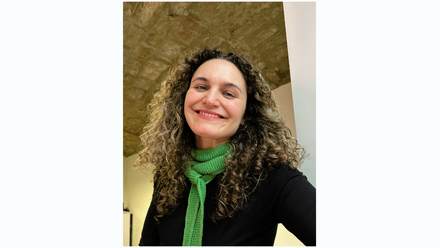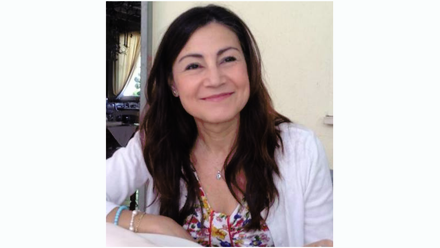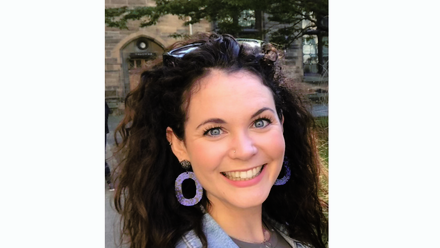Internship diaries
Tessa Jay Saville is working a six-month internship at a large LSP. She explains what motivated her to go down this route and what it has involved so far.
Reflecting on your career, how you got to where you are, and how it might get you to where you want to be can be a difficult process. But in this post I’m going to share my experience as a translator (almost) fresh out of university, in the hope that it’s a beneficial experience for me and an interesting read for others who are just starting out.
In at the deep end
In September this year I began an internship at RWS, and it’s been really rewarding so far. I’ve been welcomed into the team as if I’ve always been there, and most terrifyingly, I’ve been thrown in at the deep end insofar as any new translator could be. Here I want to talk primarily about finding and starting my internship, and later in the new year I will complete this two-part post by reflecting on the experience and talking more about what I’ve been up to and what I’ve got out of it.
Despite this, I wasn’t actually looking for an internship. I was initially determined to make the freelance dream work for me, but when I saw a LinkedIn post for a maternity cover position it got me thinking, surely an employed position couldn’t hurt? And certainly not a fixed-term contract. Nothing to lose, right?
Looking for a fix
So, I searched for fixed-term contracts and came across a 6-month internship at RWS that was closing that week. The job description covered all kinds of work including translating, reviewing and subtitling, so you would have the opportunity to develop your skills in a range of areas. I had done project management as part of my degree at Leeds, but I wasn’t really interested in pursuing it as a career, so I thought this internship sounded exactly like the sort of in-house position that I would enjoy — I could just do the production work that I’d trained for. I sent off my CV and hoped for the best.
The interview process consisted of several rounds of translation tests as well as a discussion of my work history. I have to say I felt pretty unprepared overall, but when the interview came around, I found that my freelance career to date had actually given me a lot of the answers to their questions. That, and having a clear and unbiased understanding of my strengths and weaknesses; it doesn’t really do anyone any good to be anything other than honest, even if we are trying to big ourselves up to get the job.
Taking feedback on board

I can imagine that even if I had been unsuccessful, the feedback on the translation tests would have benefited me as an individual because it was objective, constructive, and straight to the point. As a new translator, I often found that feedback from university assignments could be unnecessarily terrifying in terms of comments and grading, because grading a piece of work requires picking fault with it to the nth degree. In comparison, I am delighted to tell you that as far as I have experienced, the feedback you receive in the real working world is encouraging, enlightening and the quickest way to improve your work.
Having been in the job for a while now, I can honestly say that it has been a great exercise in confidence building and tackling that ever-present imposter syndrome. I’ve now been both a newly-qualified freelancer and an in-house translator, and I can wholeheartedly say that the constructive and helpful feedback that you receive in-house far surpasses the feedback that you will receive as a freelancer. Your employer will want you to succeed, at least that is my experience so far, so you will easily be able to turn your thorough feedback into actionable steps to improve your translation work. I would definitely recommend this sort of in-house training to anyone starting out, even if your long-term goal is not to remain in-house.
Give it a try
In the short time I have been under the wing of a big LSP, I have faced a very steep learning curve in terms of technological skills, client specific knowledge and, as I mentioned before, confidence building. I’ve been busier than I’ve ever been, and every day truly is different, as clichéd as it sounds. All in all, I really would recommend this sort of position to anyone who’s willing to give it a try! It’s a hard graft, particularly if you’re used to being self-employed as I was, but so far the pros have far outweighed the cons.
Thank you for reading. Feel free to reach out to me directly on LinkedIn if you have any questions about anything I’ve talked about here, I’m always happy to share!






